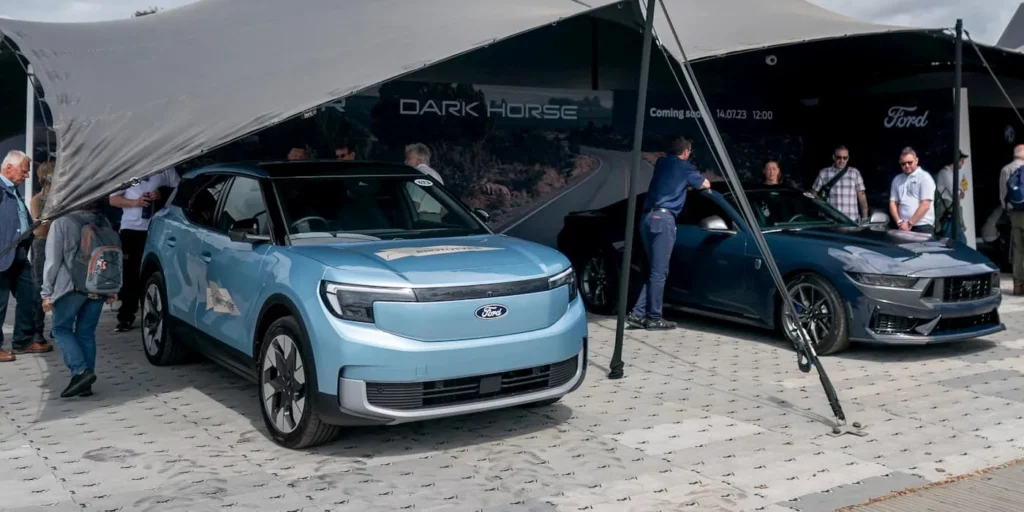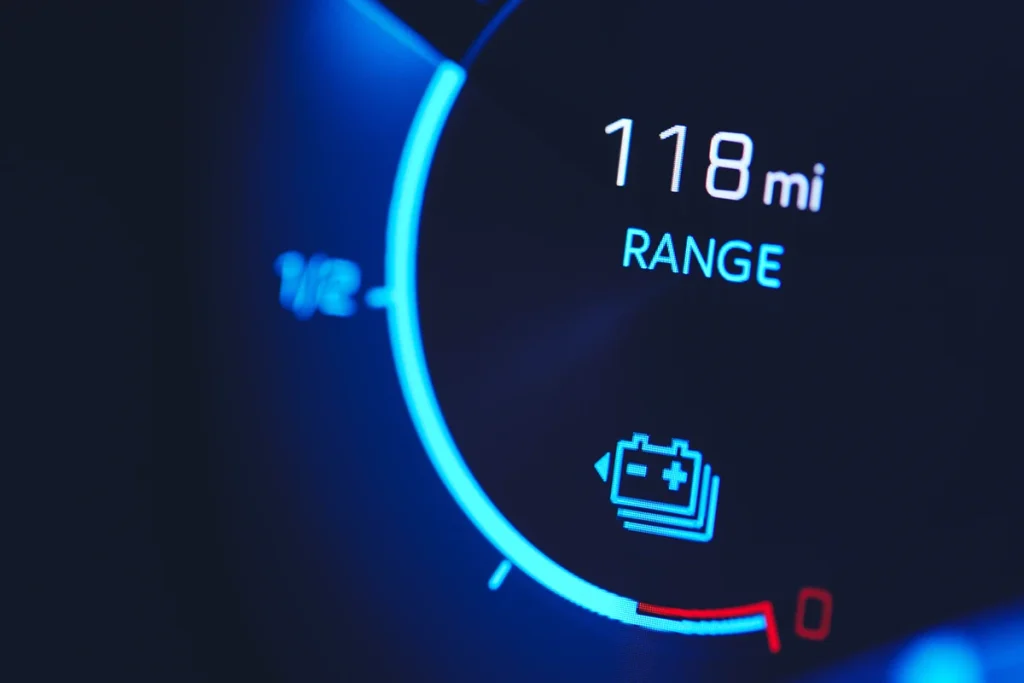Ford’s electric division is projected to experience a larger-than-anticipated loss of $4.5 billion this year. However, the automaker remains unwavering in its commitment to making electric vehicles (EVs) a success.
Featured Image source courtesy of: electrek
Ford is making bold moves in its pursuit of electric vehicle dominance as it prepares to bid farewell to the Escape, Edge, and Transit Connect models. These gas-powered vehicles face the chopping block to make way for Ford’s ambitious electric vehicle plans. While these changes will come at a higher cost than initially anticipated, Ford remains resolute in its commitment to an electrified future.
The automaker has set its sights on the horizon, eagerly anticipating the arrival of a new generation of high-margin EVs. By prioritizing this next chapter in its lineup, Ford aims to position itself as a frontrunner in the rapidly evolving world of electric mobility.
Despite potential challenges and increased costs associated with this transition, Ford’s unwavering determination signals its strong belief that electric vehicles are essential and profitable. With eyes firmly fixed on tomorrow’s success stories, Ford is forging ahead fearlessly into an electrified automotive landscape.
In a February announcement, Ford’s CEO Jim Farley revealed the automaker’s plans to create its in-house EV platform. This platform will serve as the foundation for Ford’s next generation of electric vehicles, including a full-size electric pickup and a three-row SUV.
Project T3 (or “Trust The Truck”) is an ode to the dedicated team working on an electric truck designed for the digital age. This truck will boast impressive capabilities such as towing, hauling, power exportation, and innovative features.
According to Farley, this forthcoming electric truck will resemble the iconic Millennium Falcon – complete with an attached back porch. This groundbreaking vehicle will be manufactured at Ford’s expansive BlueOval City complex in Tennessee, spread across nearly six square miles.
Simultaneously, the company is transforming its Oakville assembly plant in Ontario into a state-of-the-art facility focused on EV production and battery pack manufacturing. These strategic initiatives demonstrate Ford’s unwavering commitment to electrification and its determination to lead the charge towards sustainable transportation solutions.
Marking a significant milestone, Ford is set to undergo its first major facility transformation in North America with the completion of the complex. This ambitious project aims to streamline production by shipping battery cells and arrays from the BlueOval City hub to the upgraded facility.
With this transformative endeavor, it is poised to pave the way for a greener automotive future while ensuring efficient and high-volume production capabilities.
In a recent unveiling, Ford introduced the fully electric Explorer SUV to the European market. With a starting price below $50,000 (€45,000), this electric SUV aims to attract environmentally conscious consumers.
At Ford’s Capital Market Day, Farley presented a new three-row electric SUV (potentially the US specification of the electric Explorer), set to debut with a range of up to 350 miles and an expansive interior. The auto giant anticipates the new electric SUV and EV pickup will bolster its footprint in major markets.
While Ford currently markets the F-150 Lightning, Mustang Mach-E, and E-Transit electric van in the United States, the company has confronted some difficulties this year.
During the Q2 earnings announcement, Farley remarked, “The near-term pace of EV adoption will be slightly slower than anticipated,” consequently postponing the company’s 600,000 run rate objective to the following year. Moreover, Ford delayed the European launch of the electric Explorer until the coming year’s summer.
The firm is confident that its second-generation offerings will notably augment profitability while simplifying production.


